State of the Children Address
How can we reimagine the world with and for kids?
“How are the kids?” a friend asks.
My mind races through all the things happening in and around my children. They’re growing. They’re getting older. They have new things they like. They have new things they now dislike, but used to like. They got mad at me this morning because I wouldn’t let them do something they wanted. They have homework. They have friends. They have really significant challenges. They have fascinatingly complex inner lives. They —
“They’re good!” I respond.
A few years back, I ended up in the Oval Office. I knew we’d be going to Washington, D.C. and knew we’d be part of an event on the lawn of the White House, but had little hopes they would actually invite us inside. But, while outside, an agent tapped me on the shoulder and said: “President Obama would like to see you.” Gulp.
A montage of our inexplicable journey from small town in west Tennessee to these hallways played in my mind. My young brother-in-law and I were led through doors I’d seen on television and in books. I tried to make sense of it all, while also trying to just be present for it all. We were greeted warmly (and I was able to capture some of our initial meeting here)
There’s so much I will always remember from that day, but there’s one thing I will forever hold especially dear. The President knew we’d spent a lot of time in classrooms and working with educators across the country. I’ll never forget the deep sincerity in his voice as he asked me the question: “How are the kids?”
My mind raced. How are the kids? Not just mine, but how are the nearly 3 billion people on planet Earth under the age of 20? The classrooms we’d spent time with were just a tiny sampling. I shared a few stories of kids we’d met and heroic adults who were showing up for them. I shared with him a few things students had told us they really wanted to make sure the President knew. I couldn’t give a full State of the Kids address, but could at least share what I knew for sure: lots of children were going through a lot, but some beautiful people were showing up for them. And they all needed steady support.
The President wasn’t asking for a full State of the Kids address. He knew I could only share the smallest glimpse. But he asked anyway. Just a fraction of the hopes and dreams of children can provide a world of information.
So … how are the kids? What’s the state of our kids at this moment in time? You can find data from hard-working grownups who’ve asked this very question. Each year, UNICEF keys in on a certain issue affecting the world’s children and examines its impact with the State of the World’s Children. (Their most recent study looks at mental health and children.) The Kids Count Data Book is a yearly snapshot of statistics and studies providing insight on young people in the United States. ChildStats.gov compiles and shares information on US children and families in an effort to find gaps, create solutions and improve well-being.
But, you don’t have to be a researcher to know children are dealing with a lot.
Several readers of this Substack work with children in some capacity. We have educators, physicians, parents, neighbors, friends and caregivers of so many different types in our midst here. You give me oodles of hope.
I want to share something with you, because I know you’ll use it to make life better for kids.
1. A pediatric paradigm shift
Any reader of this newsletter knows well that I am not a doctor. I can barely spell. Even so, Dr. Junlei Li invited me to co-present with him at an event for the American Academy of Pediatrics. The gathering was centered around early literacy and early childhood (picture books and kids!) and it could not have been more inspiring.
Dr. Junlei Li is co-chair of the Human Development and Education Program at the Harvard School of Education. We first crossed paths while I was working on the book, Becoming Better Grownups. The Fred Rogers Institute was kind enough to allow me space to study and work through their extensive archives. There, I met Dr. Li who served as co-director.
Here is a photo of him showing me a pair of shoes worn by Mister Rogers:
I always learn so much when I’m with Dr. Li, but our recent conversations have been especially rich. We were presenting together on early literacy and I was having a bit of a struggle understanding why this would be of interest to healthcare professionals. I was struck by his response: “relational health”.
There is a paradigm shift happening in pediatrics. It’s been building for a while, but in recent years there’s an increased understanding that a child’s relational health has a profound impact on all of their health. Years of study have shown that safe, stable, nurturing relationships support lifelong growth and development. Knowing this, healthcare professionals are beginning to reimagine how they assist young patients, their caregivers, and their communities.
It’s all about relationships.
Here’s where you come in. There might be a long list of things you feel you’re not great at. You might not be a doctor, nurse, or have an advanced degree. You might not have a lot of wealth. You might feel you’re of little influence… but… we all play a part in the health of future generations — whether you have a child or not.
We all know children who have had birthdays against the backdrop of a pandemic. We each know children who have experienced pain or will experience pain. Every one of us know a child who has been impacted by the mental health crisis in some form or fashion. We know children who have sensed the turbulence of politics, seen conflicts on screens and off, or felt in some way the anxiety of our collective uncertainties.
Here’s something we can be certain of: our relationships with each other matter.
The “relational health” of children impacts their entire lives. Let this knowledge lead to us asking some big quesions. How can I be of support to the relational health of a child? To the relational health of a child’s primary caregiver? Also - how is my relational health?
2. Something we can all actually do
When I first met Dr. Junlei Li, I was a new dad. I was on a quest to find out what it looked like to be a great adult. I wondered if maybe this meant throwing epic birthday parties or grand theme-park vacations. Another part of me, though, knew this couldn’t be the answer. I wanted to be a great grownup, so, I went on a search and I found Dr. Li. I discovered that he’d been searching, too.
Dr. Li spent years studying the relationships between children and adults. In his work, he and collaborators would observe various environments like pre-schools, daycares, and children’s homes. Many times, these spaces would be under-resourced with staff beyond capacity and yet in their time together, he would always discover they had everything needed for healthy human development.
The secret: simple interactions.
If relationships are key to our health, what are relationships made of? “To me, relationships are made up of the little interactions we have with each other,” says Dr. Li. It’s in studying these small moments shared between human beings that we gain insight into the big ways our lives are woven together. We matter to one another in ways we so often miss.
This changed the way I do everything. What started as a project where I wanted to learn how to be an EPIC DAD turned into something much smaller. He helped me begin to see just how big the small things we do are. It’s the simple interactions that matter most. The building blocks of healthy relationships aren’t flashy and won’t necessarily make for great posts on social media. It’s just showing up lovingly in the little moments every day.
There is a free tool you can use. It breaks down 12 interactions between a child and an adult. You can learn more about Dr. Li’s work with Simple Interactions and access the tool here.
3. Let’s reimagine everything.
So, how are the kids?
Well, if you take a moment to really look at any of the ‘State of Children’ studies, it can be overwhelming. You could easily be thrown into spirals of hopelessness or “overwhelming I’m just not-enoughness”. Heck, just look at your local school and it’s easy to feel the weight of the work there is to be done right in your own backyard.
There’s so much work to be done. There’s so many kids. There’s just one you. There’s just one me. This is a great place to start.
Our best hope forward is not in using our imaginations to escape reality, but using our imaginations to create a better reality. There’s the world that is and there’s the world that could be. There’s also a you. There’s also a me.
I’m excited about the future, because I’ve seen glimpses of what’s possible when I meet people like you. There are challenges, but there’s also hope. So, let’s dream together. Let’s reimagine tomorrow, together.
Audio bonus! LISTEN to this interview with Dr. Junlei Li about ‘relational health’, Simple Interactions, Fred Rogers, and more. Brilliant, fascinating, and deeply compassionate. I know you’ll be inspired:
p.s. Thank you to everyone who has pre-ordered the new book. We’re just two weeks away. Every order is a huge help! I see The Fantastic Bureau of Imagination as not just a picture book. It’s an invitation and rallying cry to agents young and old to reimagine everything. It’s story that I hope will inspire more stories, more songs, better todays, and brighter tomorrows.



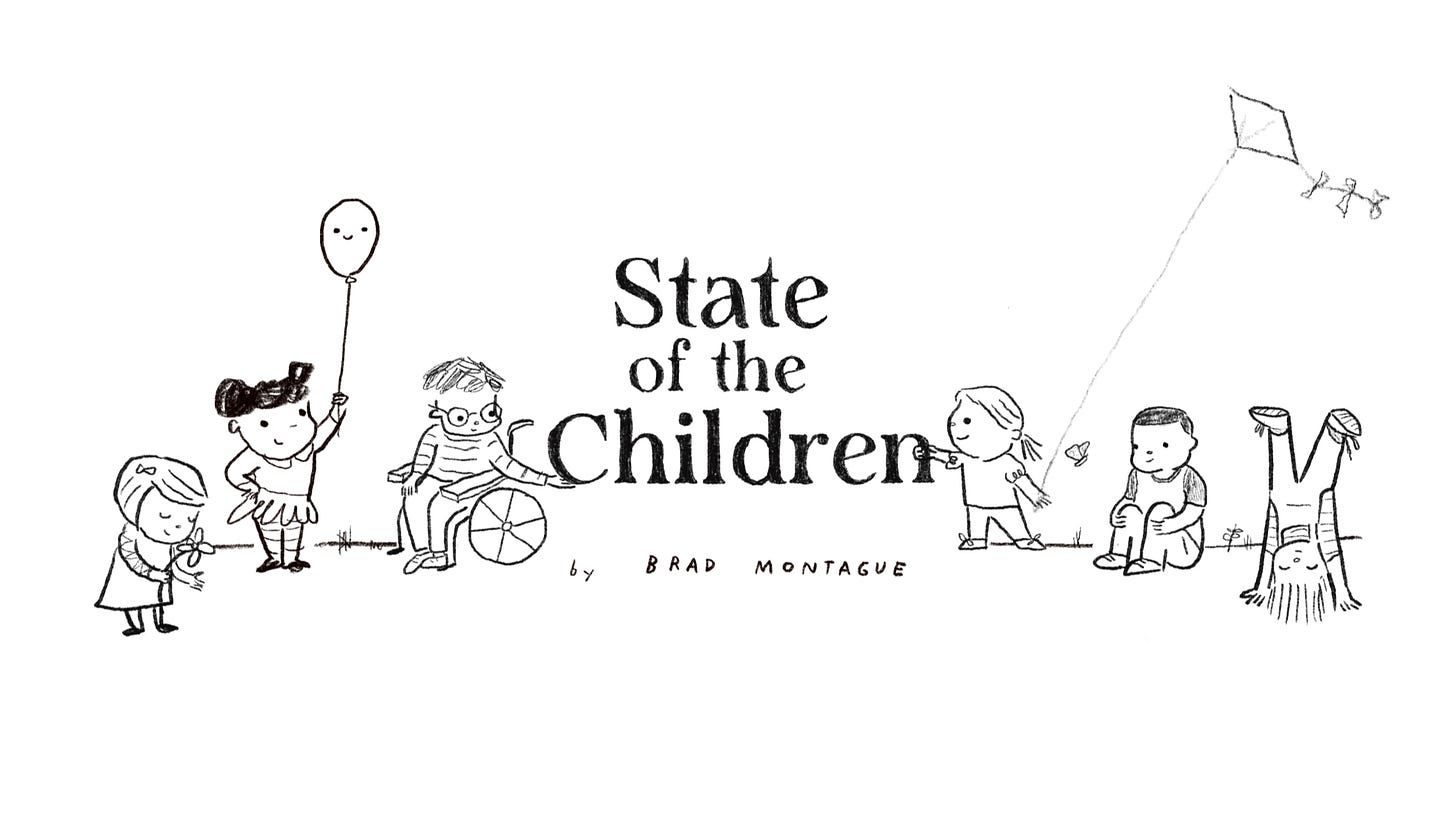
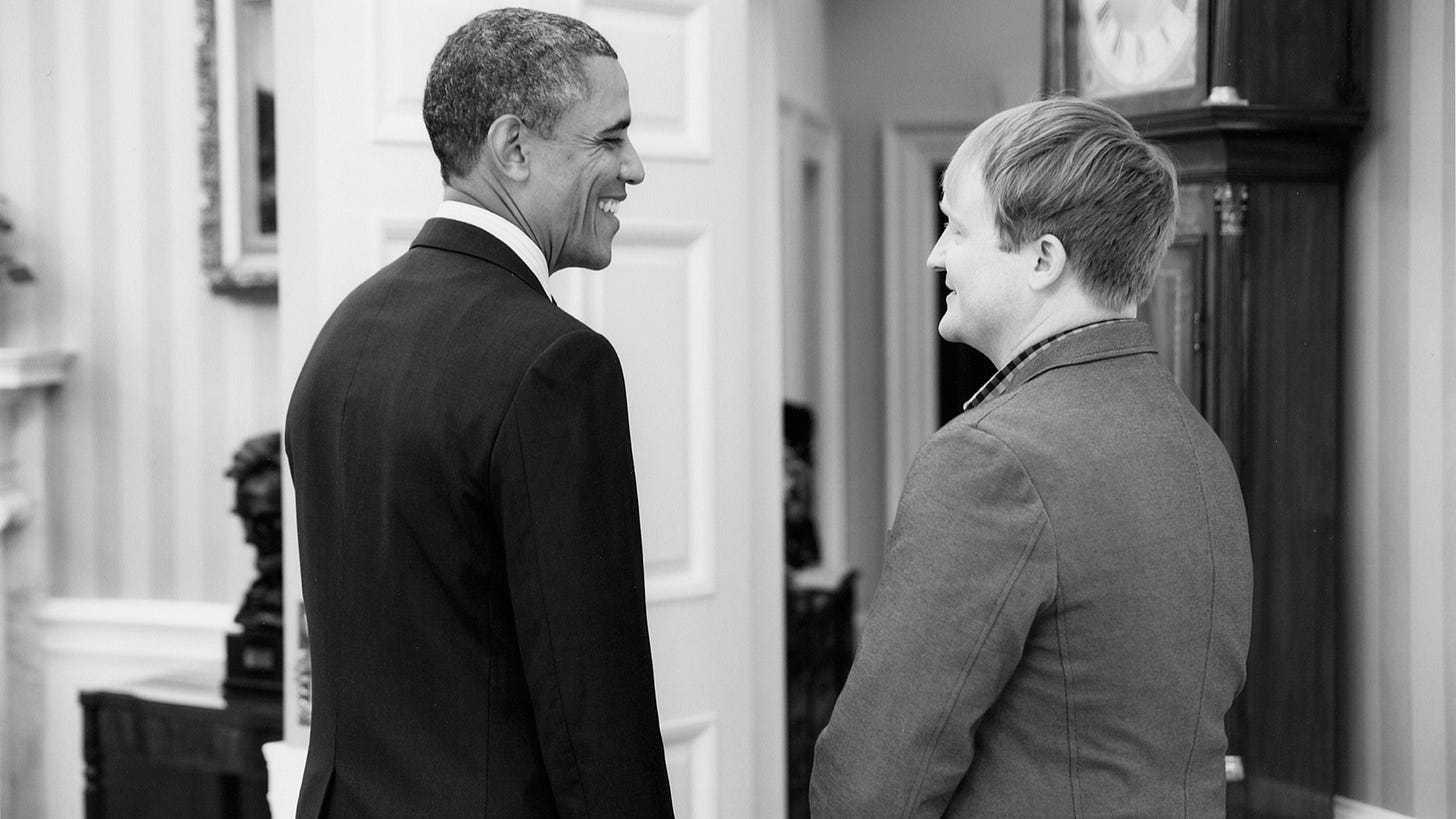
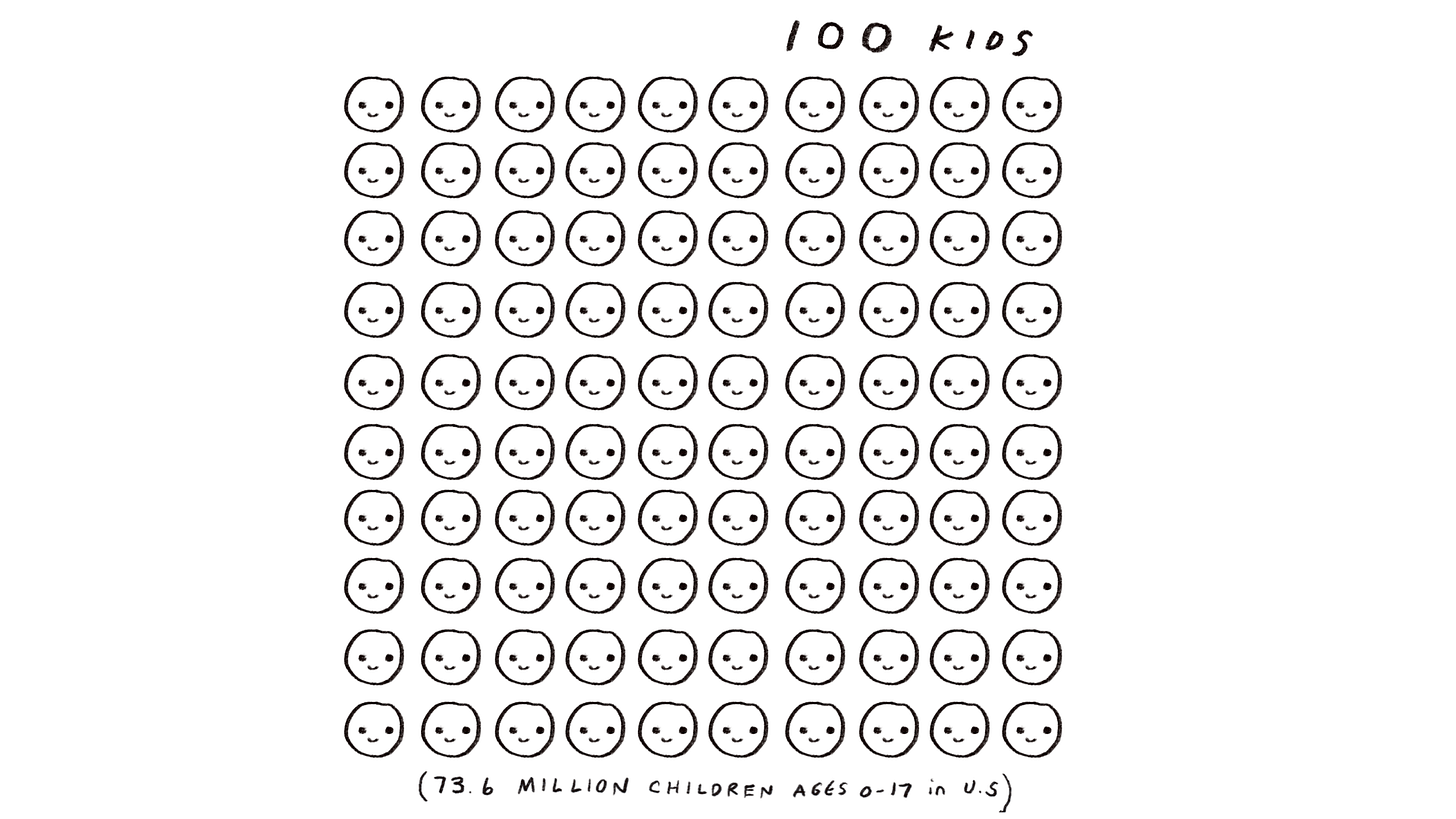
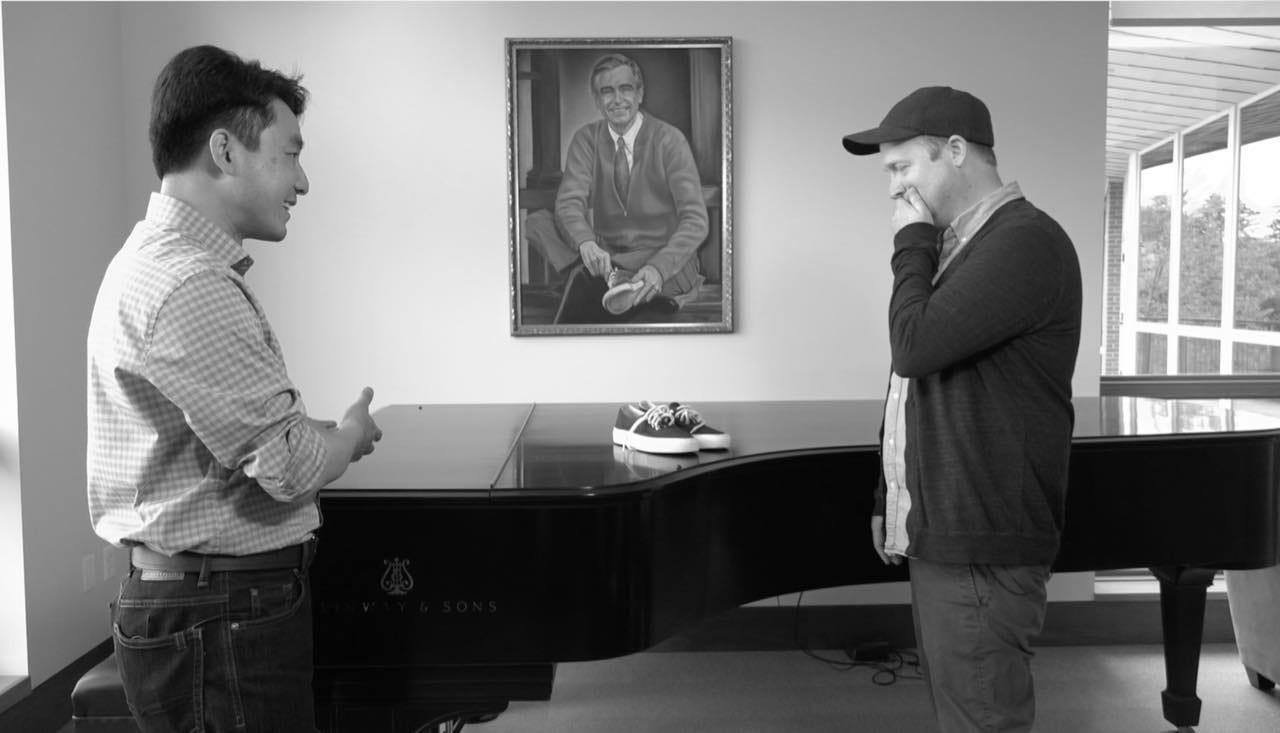
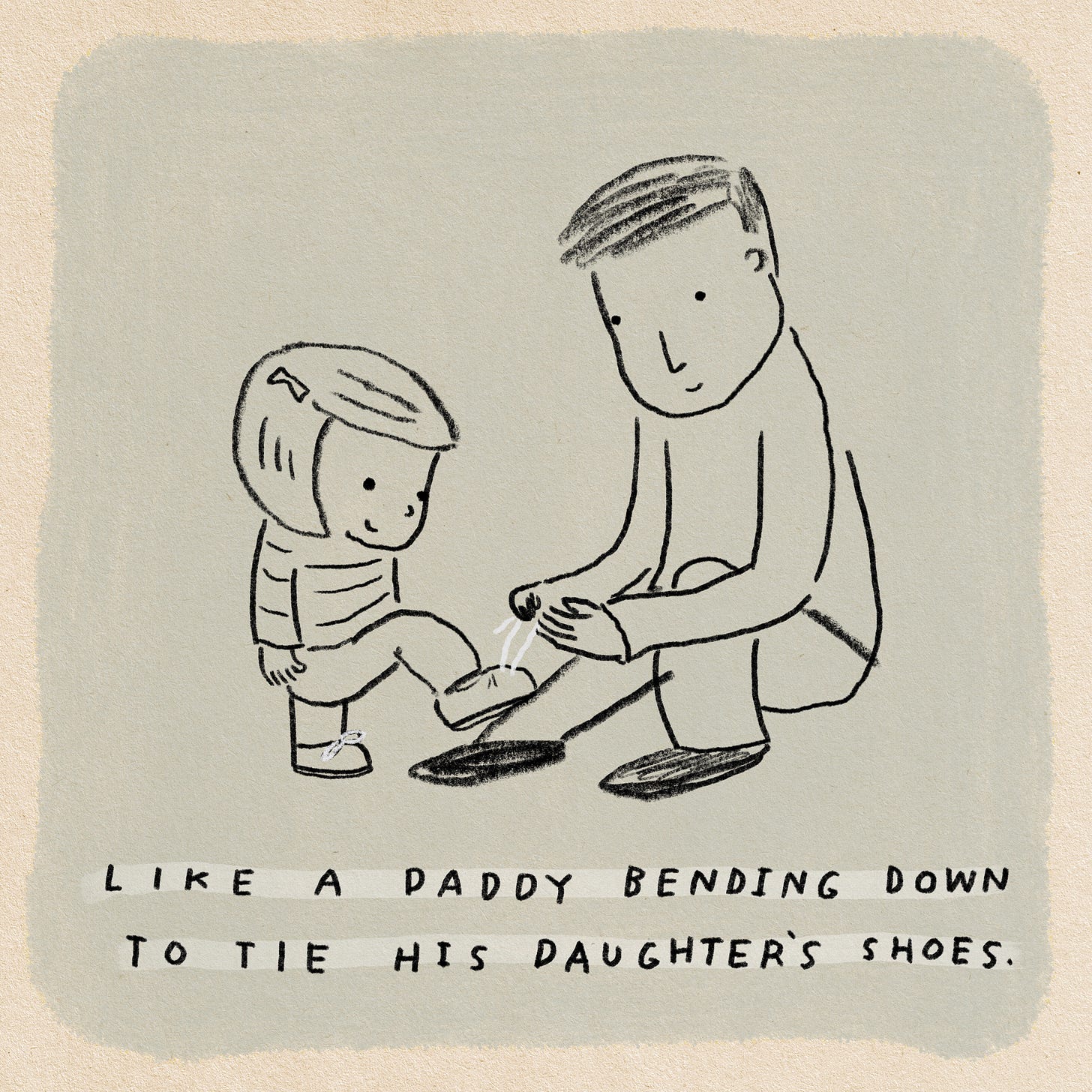
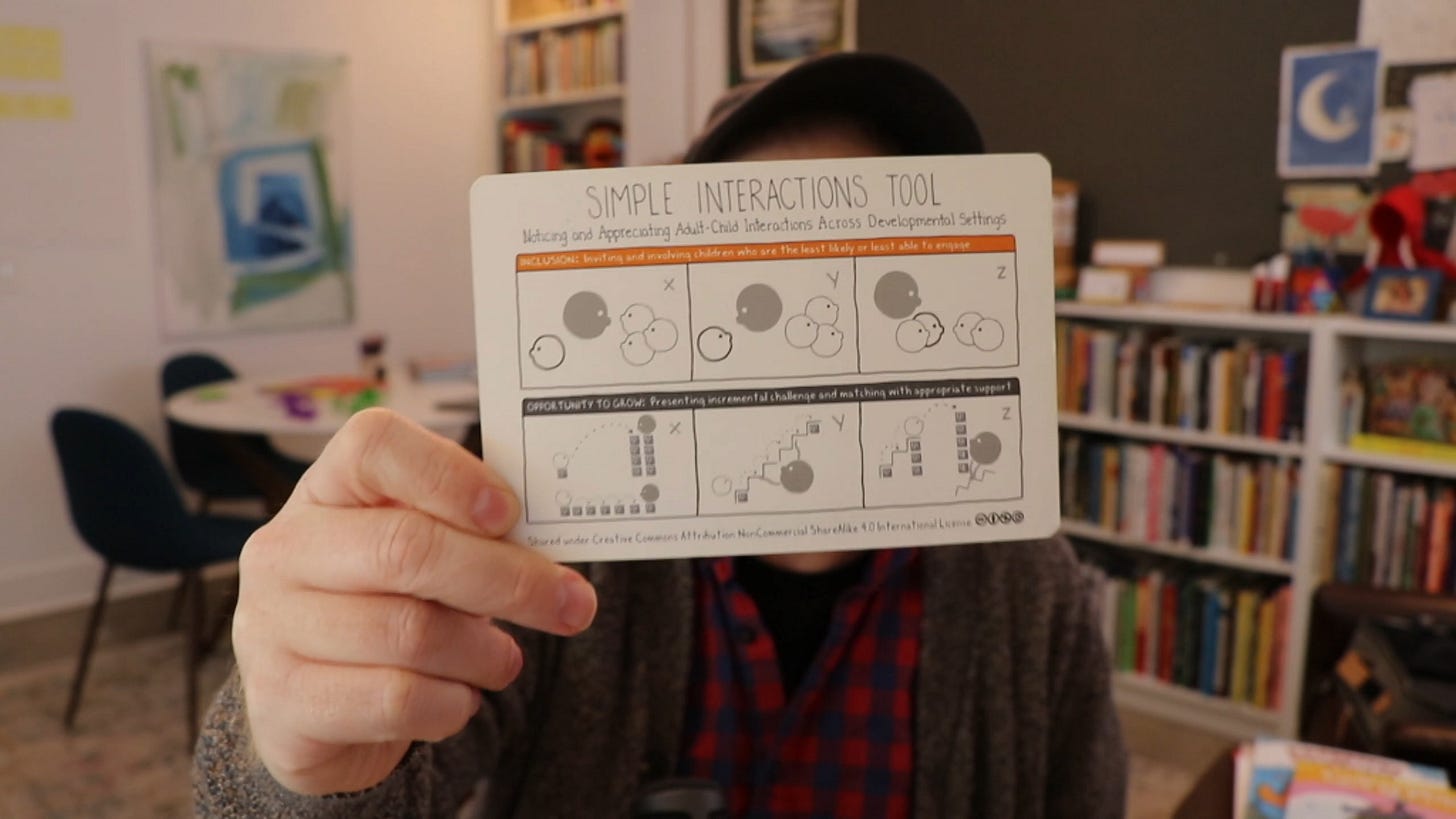

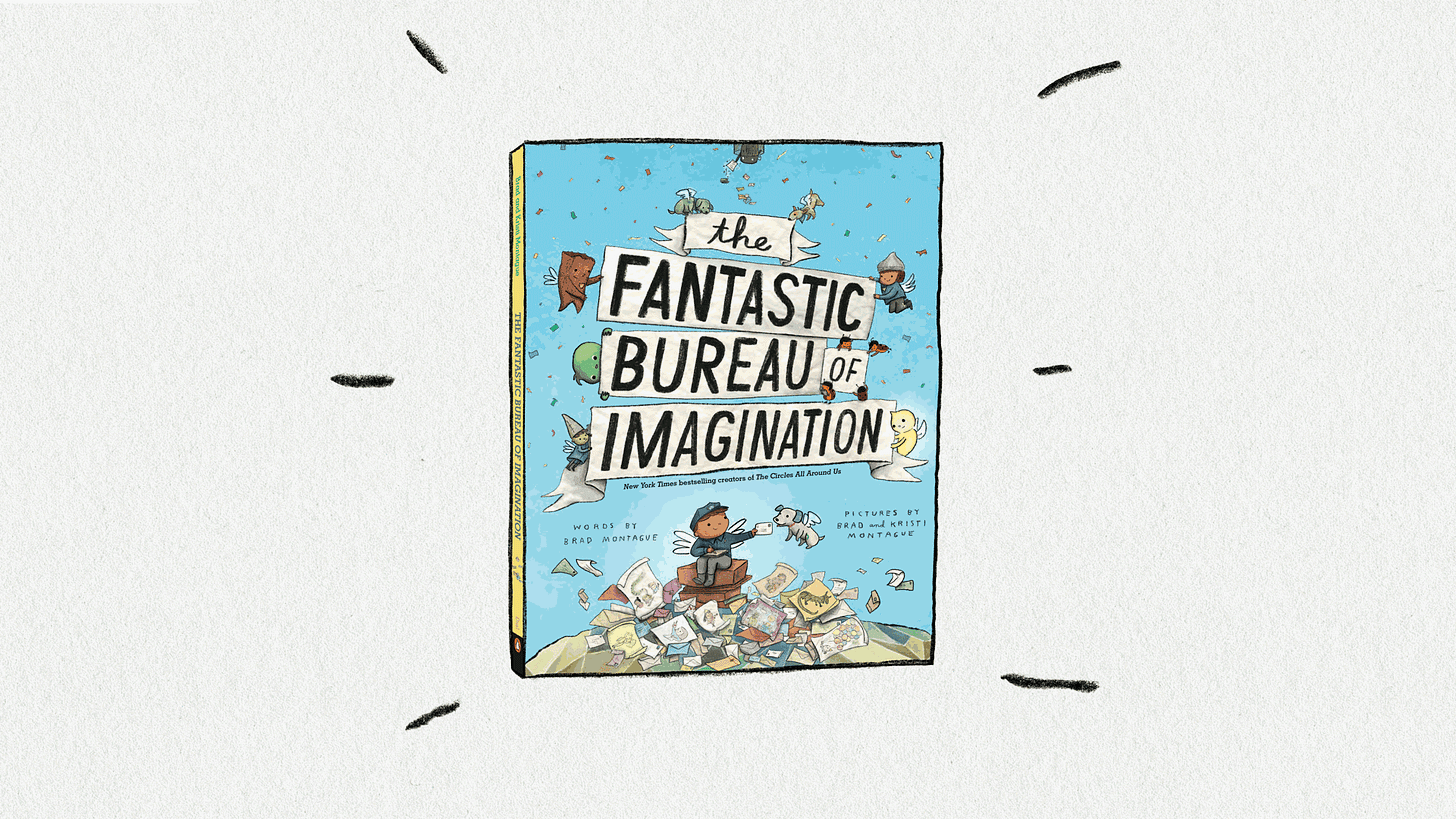
Thank you for this wonderful, encouraging piece, Brad. I think your (and Dr. Li’s) advice applies to every relationship, including our connections with people we barely know or don’t know at all, like at the store or passing on the sidewalk. It DEFINITELY applies to all kids, including young adult “kids.”
Yes! Totally agree with the small interactions making a big difference. Working in an elementary school office, I get to witness amazing adults doing this all day long for our students. I also hear many teachers say, “I love you” to the kiddos and I truly believe even hearing those three small words from safe, caring adults can bring big changes in the lives of our students.